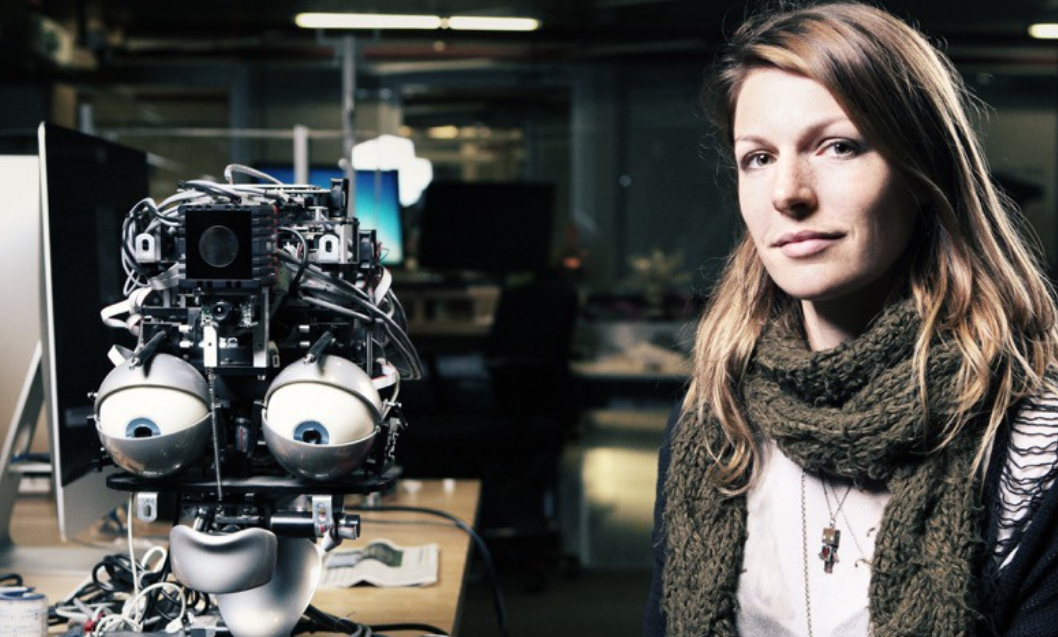Researchers Can Now Publish Interactive Plotly Figures in F1000
F1000 is reducing the open access publishing charges for all articles containing an interactive Plotly figure by 50%.
Send us a link
F1000 is reducing the open access publishing charges for all articles containing an interactive Plotly figure by 50%.
WikiTribune has been awarded €385,000 by the Digital News Initiative fund.

Linked Open Data may sound good and noble, but it’s the wrong way around.
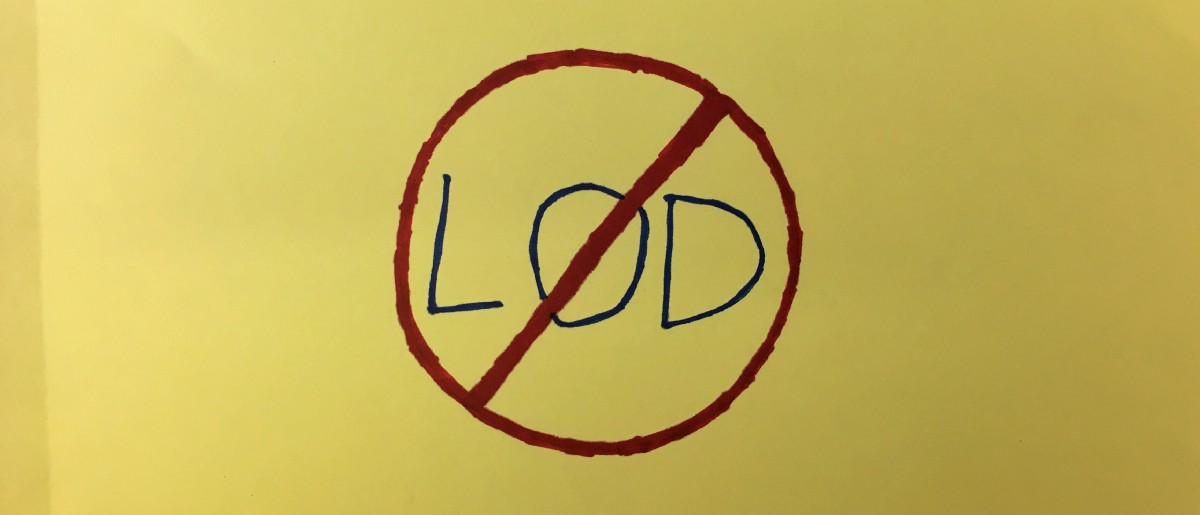
Journal publishing can no longer keep up with the pace of scientific research.
The right approach and a little extra effort will help improve your scientific literacy.
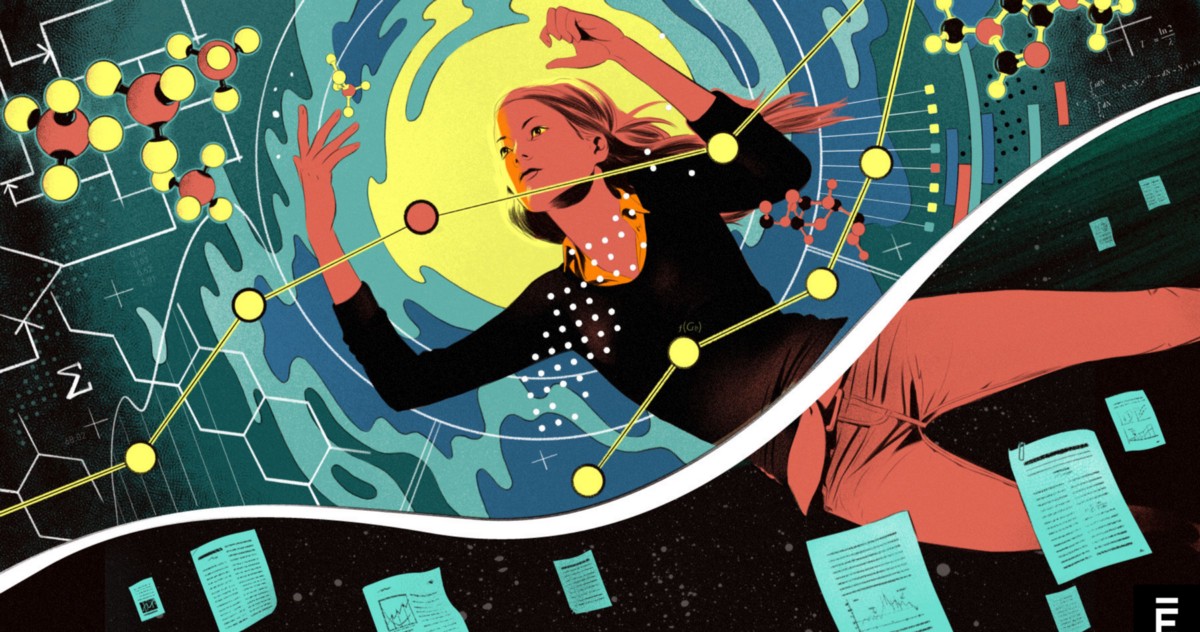
Or why we should choose what to fund at random.
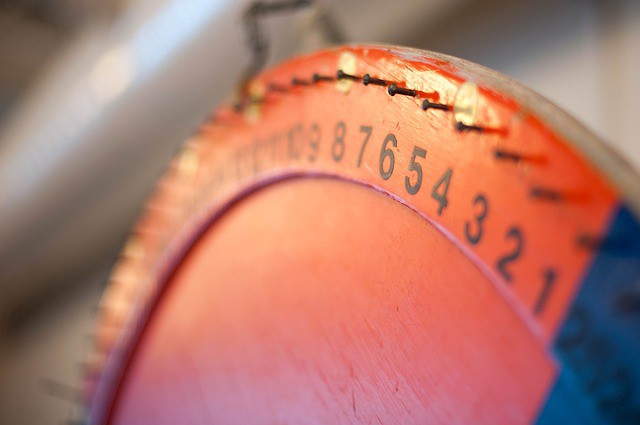
Why do we need middlemen in academia in the era of electronic publishing?
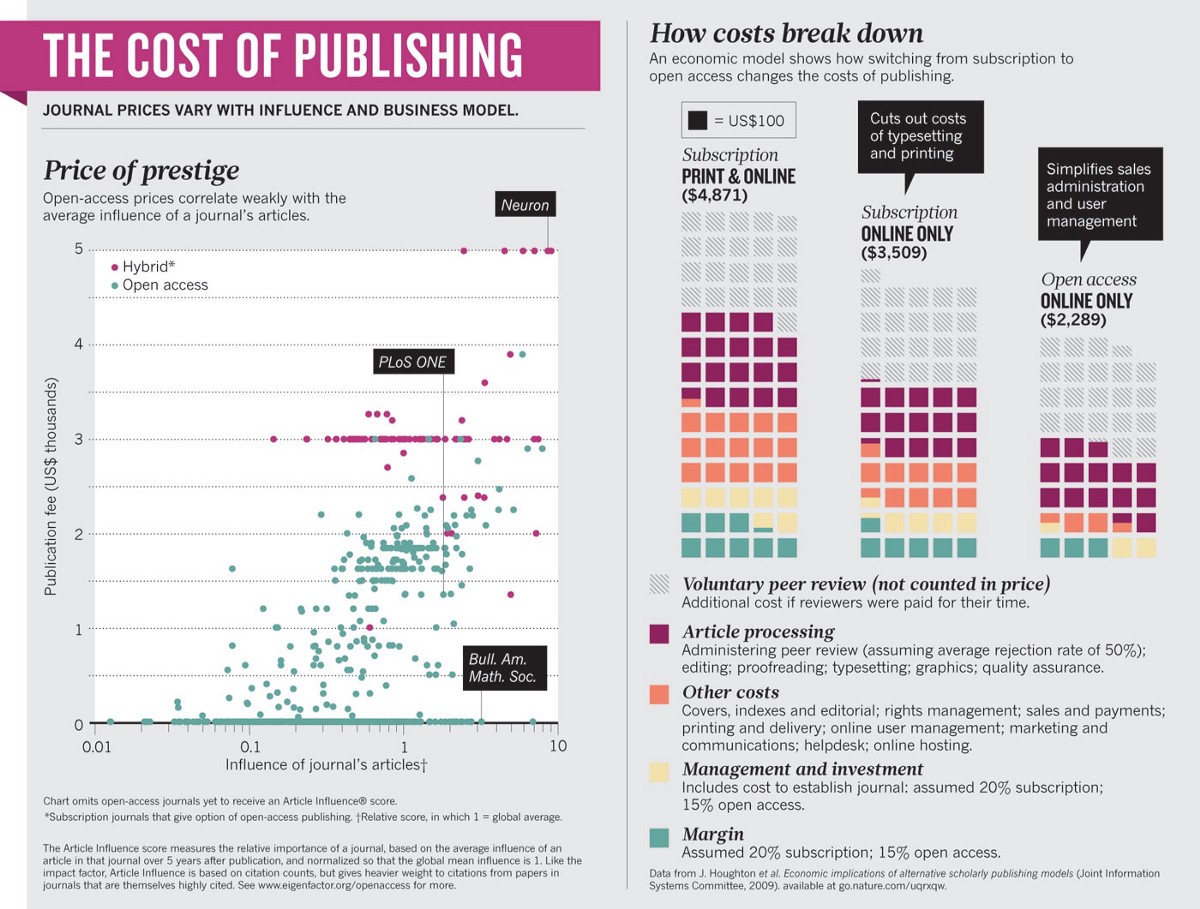
Relying just on numbers to assess gender equality is insufficient because companies and researchers are smart enough to game the system.

Rapid developments in artificial intelligence and machine learning have enabled scientific racism to enter a new era, in which machine-learned models embed biases present in the human behavior used for model development.
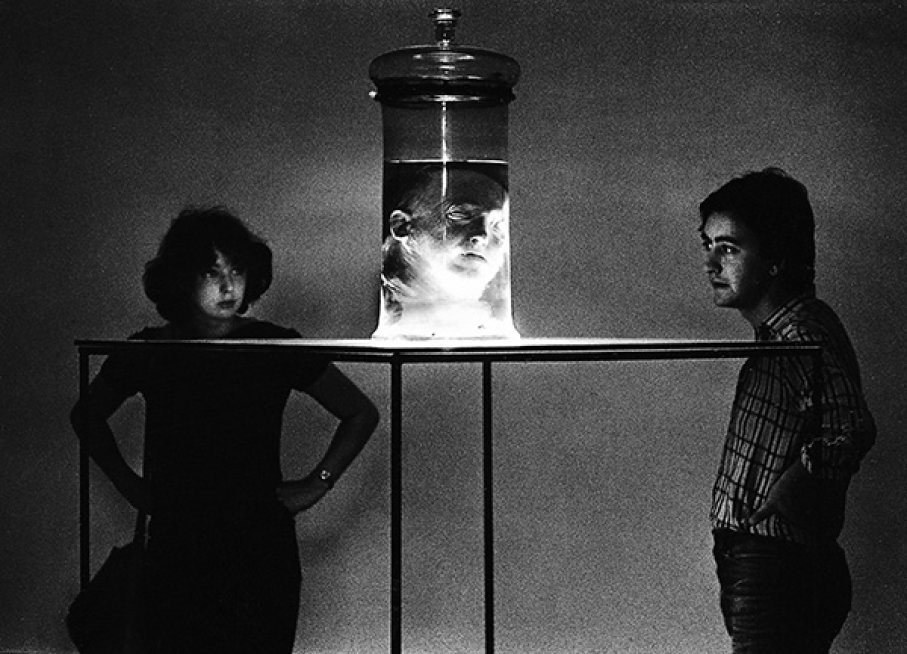
Knowing the world may require giving up on understanding it.
Advances in science and public health policy have saved over 107 million lives in 25 years.

Is digital technology making fundamental changes to learning and teaching, transforming it in ways that were unimaginable before the advent of the internet?
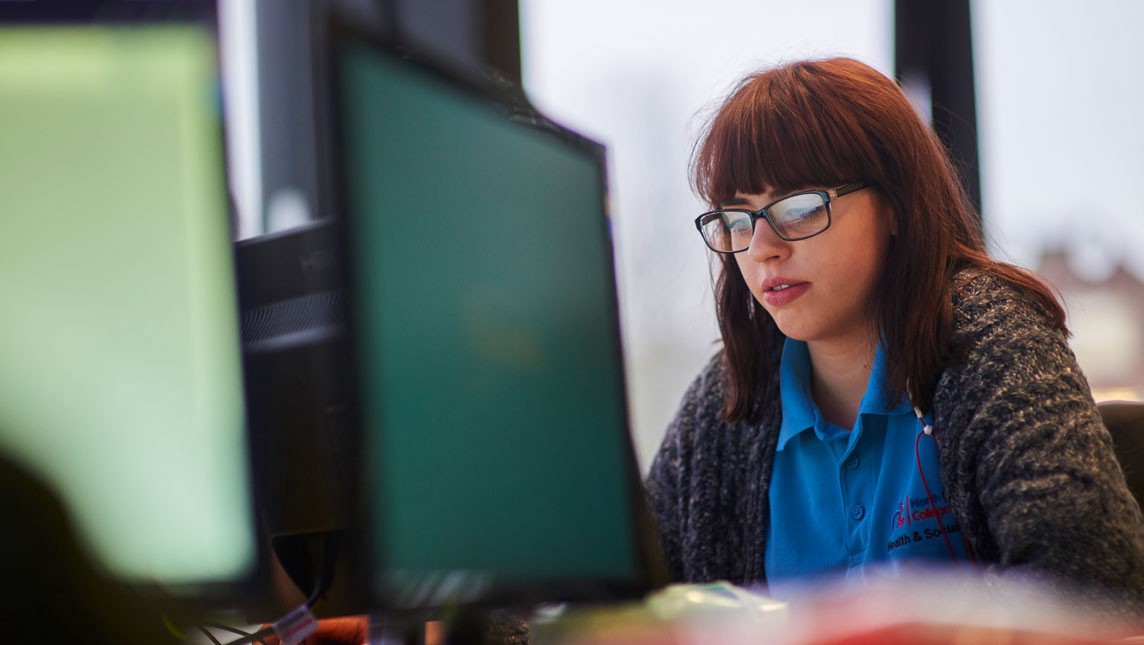
Inside the invisible war for the open internet.
Last year’s Federal budget contained a number of significant dollar boosts for Canadian research but, more importantly, the language behind…
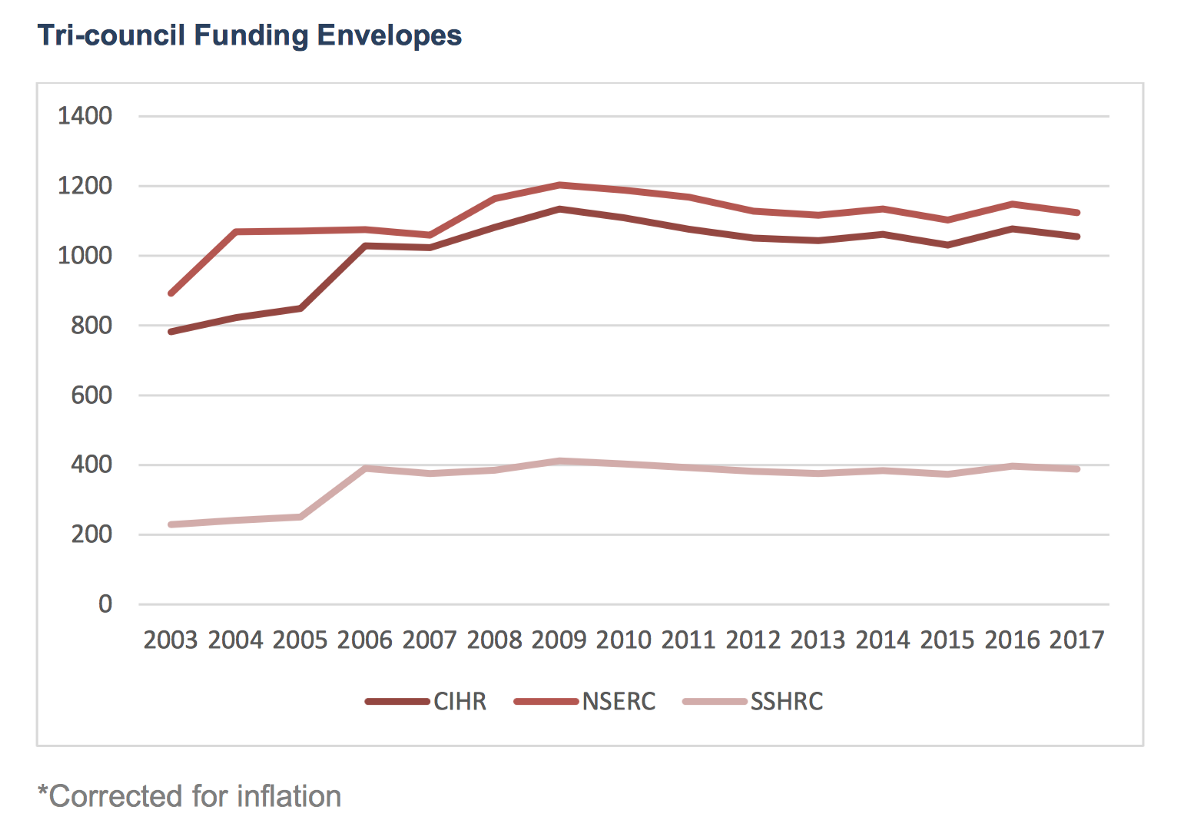
A recently revealed contract between Elsevier and the Dutch research institutes lays bare the retardant tactics the publishing giant employs to stifle the growth of open access.

Free online courses to help you expand your mind in whatever directions you want.
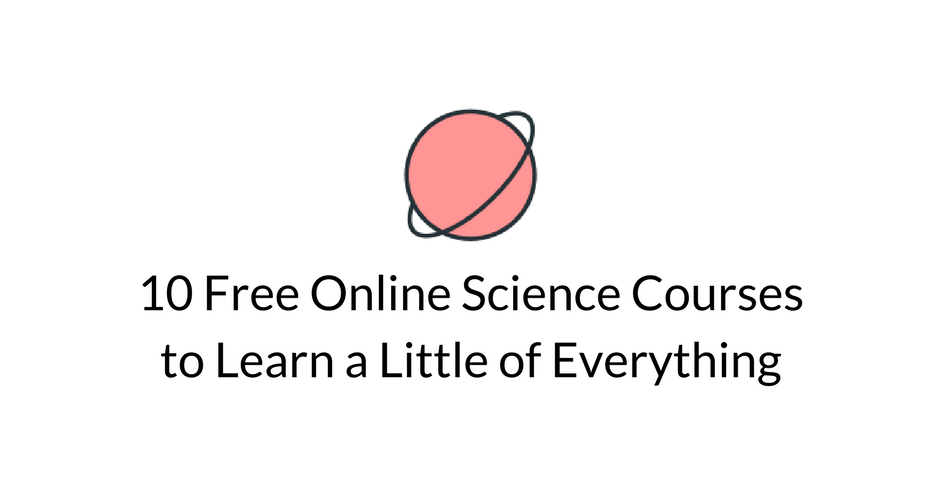
It’s not just about distributing credit where it’s due
Allow me to pull back the curtain. Scientist #1 is writing a paper and wants to add a reference in the introduction.
Several of us responded with enthusiasm to the recent news that The Metropolitan Museum of Art opened up their digitised collections.
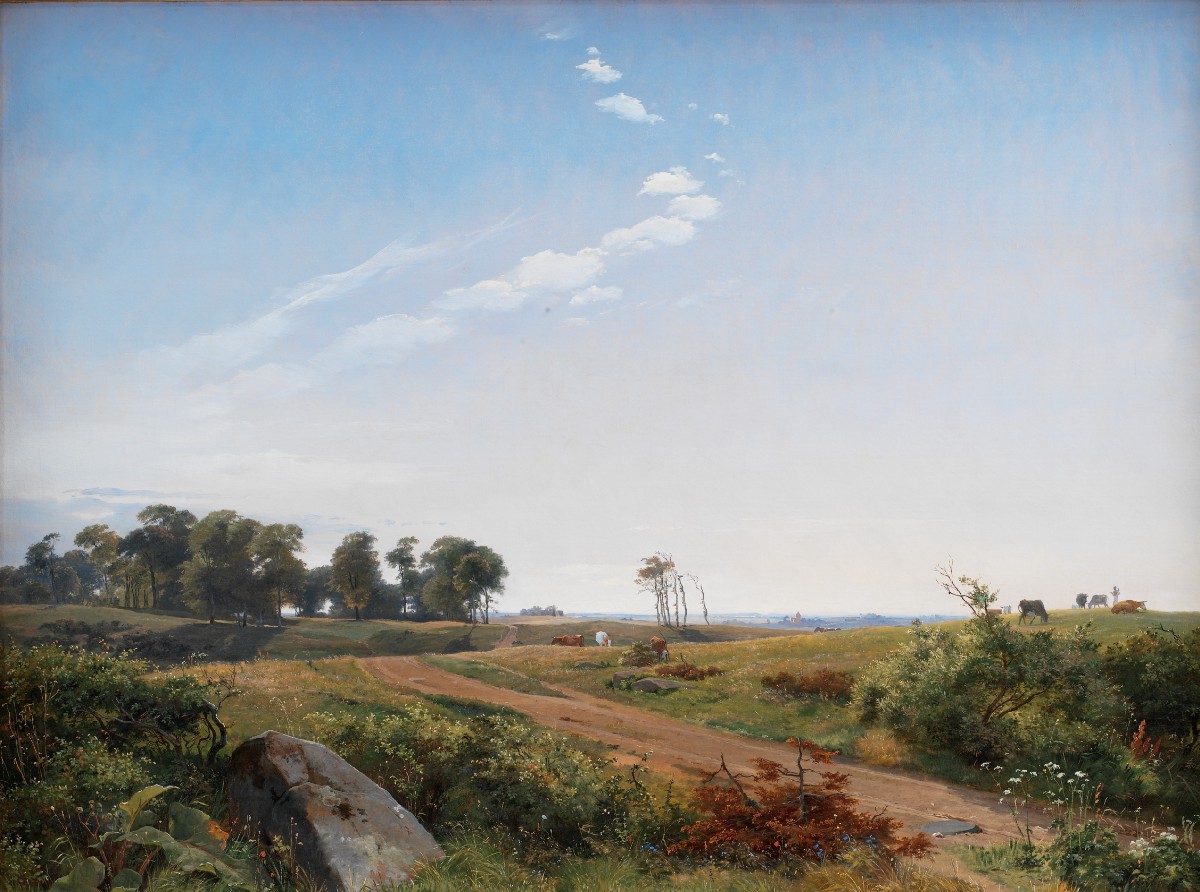
Stencila, an app for creating and viewing data-driven reproducible publications.
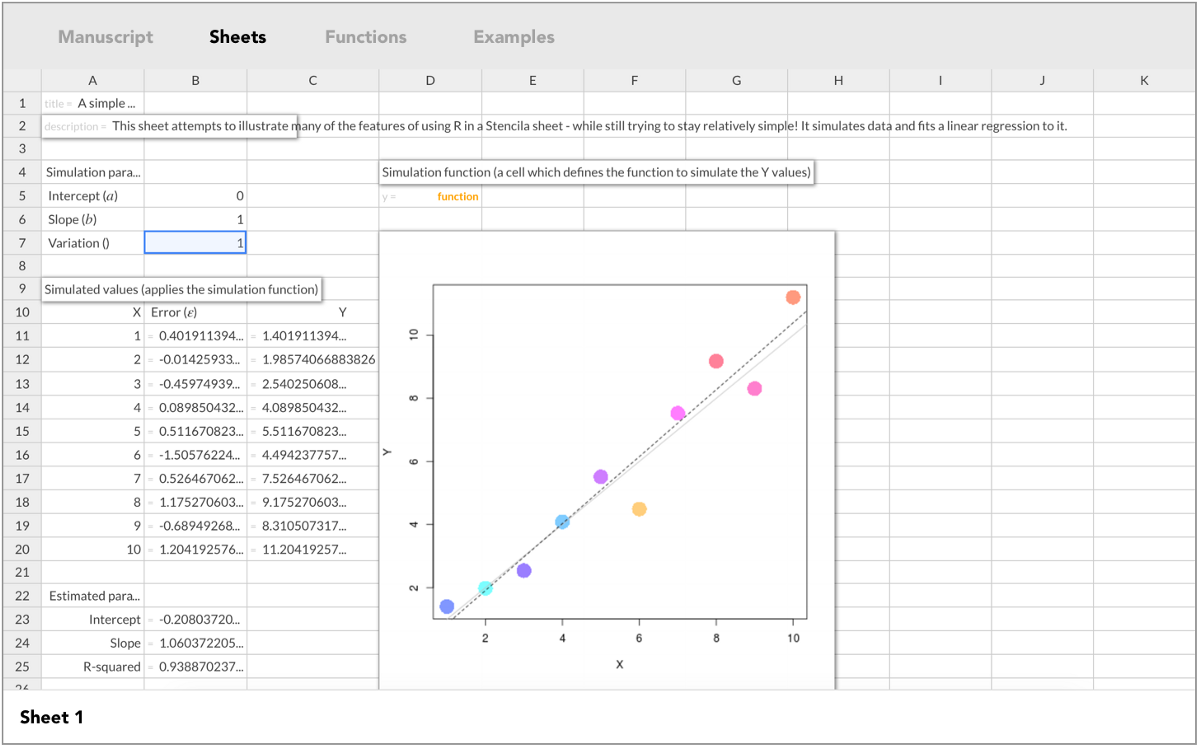
Q&A with Daniel Sarewitz, Professor of Science and Society at Arizona State University.
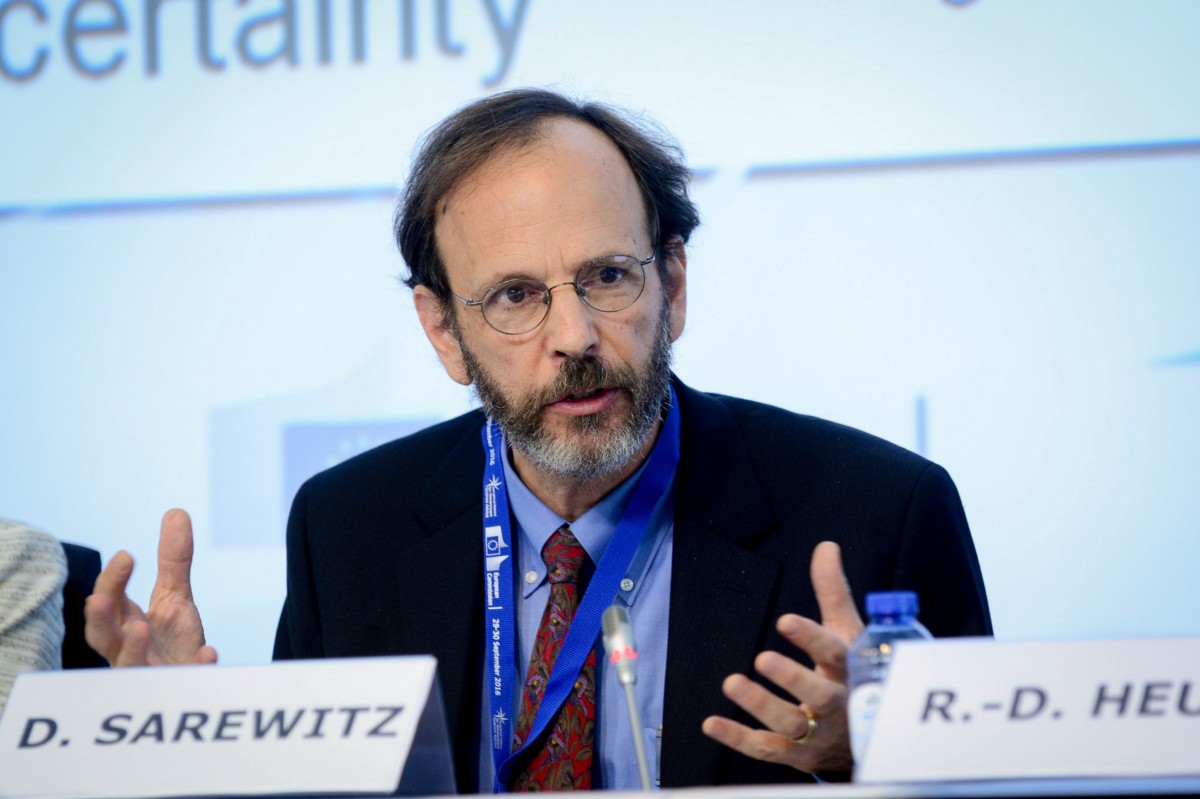
Preprints are clearly the future of scientific communication, but currently face multiple obstacles.
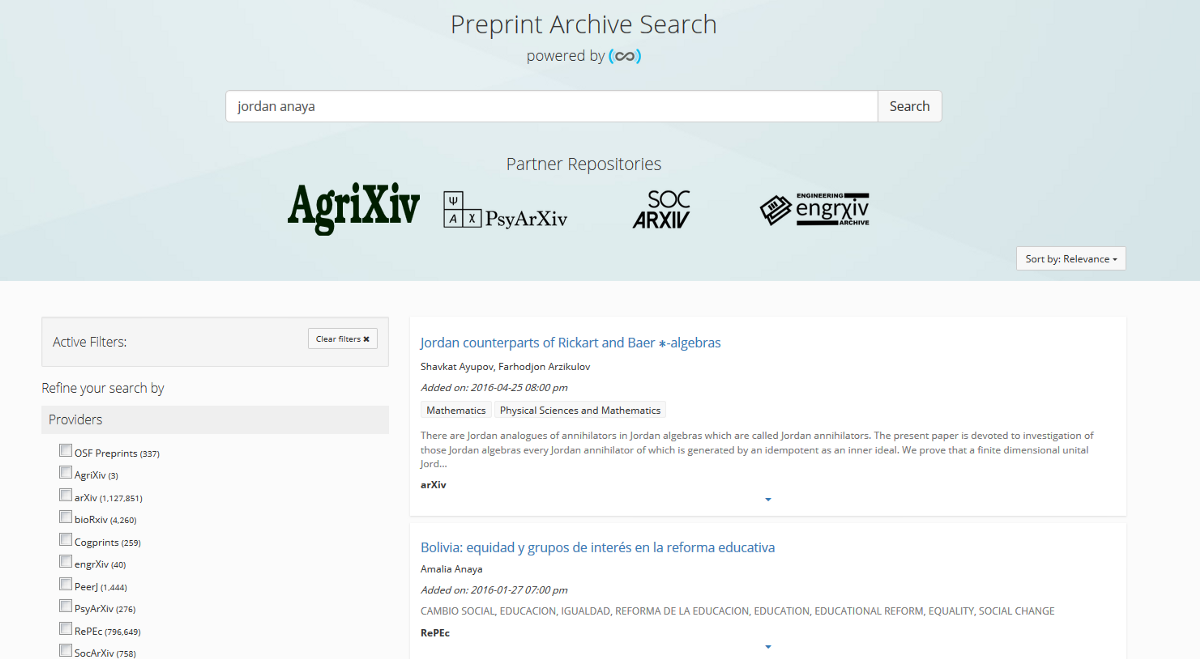
MIT’s Kate Darling, who writes the rules of human-robot interaction, says an AI-enabled apocalypse should be the least of our concerns.
